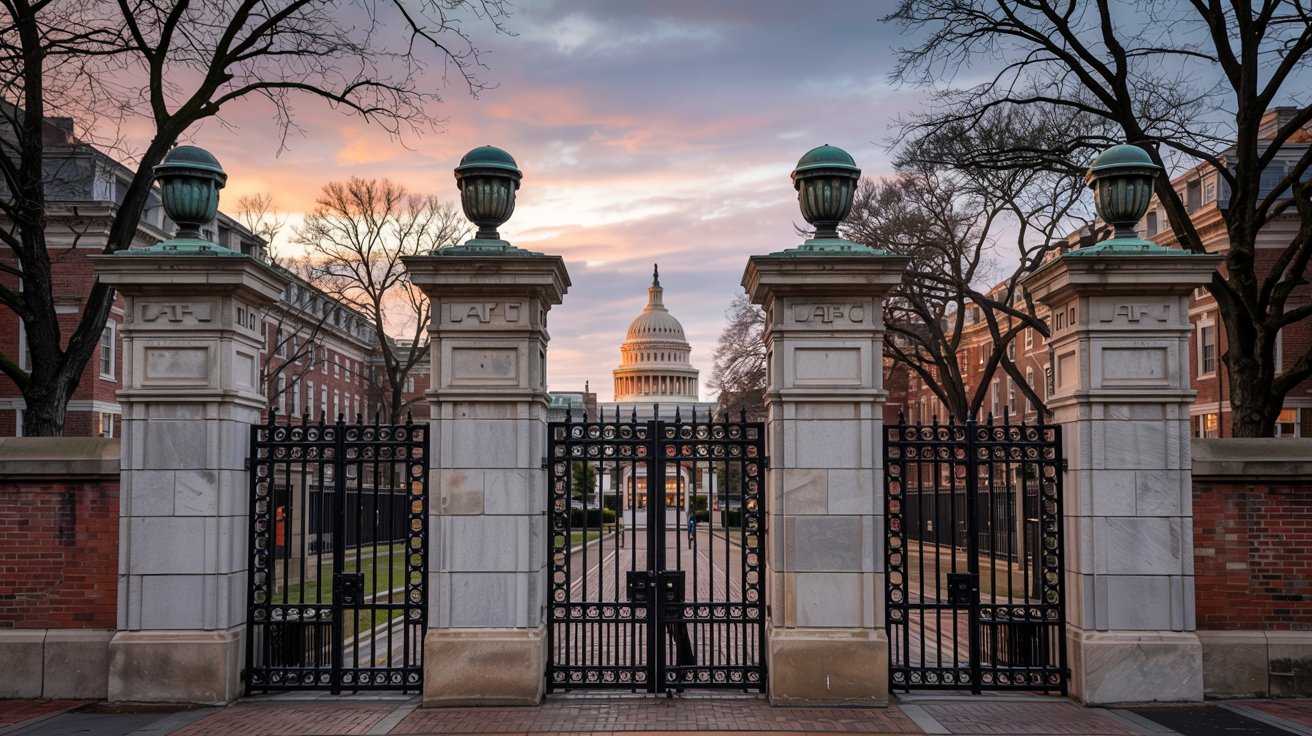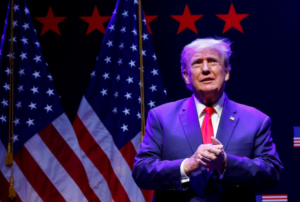Harvard Funding Freeze: $2.3 Billion Pulled After Clash with Trump Administration has ignited a national conversation on academic freedom, political influence, and the future of education funding in the United States. The Trump administration’s decision to halt billions in federal support after Harvard rejected certain federal policy demands marks a pivotal moment for U.S. universities.
Why Did the Trump Administration Freeze Harvard’s Funding?
The Trump administration imposed a $2.3 billion federal funding freeze on Harvard after the university refused to implement a series of policy changes demanded by the federal government. These included:
- Banning DEI (Diversity, Equity, and Inclusion) programs
- Enforcing merit-based admissions
- Restricting student activism and masking during protests
- Cooperating with immigration enforcement for international students
- Tracking and auditing ideological balance among faculty and students
These actions were introduced under the claim of combating antisemitism on campus, but critics argue they are politically motivated and violate academic independence.
Harvard’s Official Response: Defending Academic Autonomy
Harvard’s interim President, Alan Garber, stated that while the university is fully committed to addressing antisemitism, it cannot accept directives that threaten academic freedom or compromise its core principles. The administration refused to dismantle its DEI programs or enforce political criteria in its admissions or hiring processes.
What Is At Stake: How the Freeze Impacts Higher Education
This decision doesn’t only affect Harvard. It may become a blueprint for federal pressure on other universities. Here’s a comparison of how this funding freeze could impact U.S. institutions:
Harvard Funding Freeze, Key Areas Affected by the Harvard Funding Freeze
| Affected Area | Expected Impact |
|---|---|
| Research & Innovation | Major delays in federally funded scientific and tech programs |
| Student Financial Aid | Reduced access to scholarships and grants for low-income students |
| Campus Diversity Programs | Suspension of DEI initiatives and inclusive hiring practices |
| Freedom of Expression | Chilling effect on student activism and faculty viewpoints |
| Global Enrollment | Fewer international students due to immigration cooperation mandates |
This level of disruption, if extended to other schools, could have a lasting impact on America’s global education leadership.
The National Ripple Effect: Are Other Universities at Risk?
Harvard isn’t alone. Similar demands and scrutiny have been placed on Columbia, Yale, and Princeton. These elite institutions are being viewed as testing grounds for broader federal control over university governance. If the government can withhold funds based on ideological disagreements, critics warn that university independence could erode nationwide.
Breaking Down the Political Motivation Behind the Freeze
The Trump administration has made campus policies a central point of its campaign narrative. From targeting elite schools to questioning student protests, the message is clear: institutions must align more closely with the administration’s civil rights and ideological standards—or risk losing funding.
This strategy could resonate with certain voter bases but may also undermine long-standing legal protections around freedom of education and expression.
What Happens Next for Harvard and U.S. Academia?
Legal challenges are expected. Harvard is reportedly consulting with education law experts to assess the constitutionality of the funding freeze. Meanwhile, public discourse continues, with lawmakers, faculty, and student groups weighing in on whether this move is a justified crackdown or political overreach.
Final Thoughts: Is This the Future of American Education?
This $2.3 billion freeze marks more than a political dispute — it’s a turning point for the future of education policy in the United States. The world is watching how Harvard, other universities, and the courts respond to this growing tension between federal authority and academic independence.
[USnewsSphere.com / Reu.]





